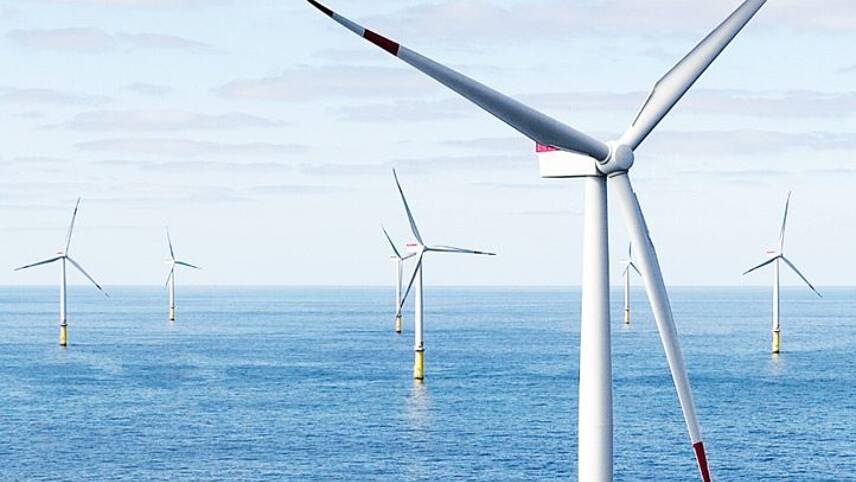Register for free and continue reading
Join our growing army of changemakers and get unlimited access to our premium content

Hornsea One offshore wind farm. Image: Orsted
The fast-track route forms part of a sweeping plan to reform the consenting and development process for Nationally Significant Infrastructure Projects (NSIPs) in the UK. As well as energy generation, the changes could impact energy storage and distribution; transport infrastructure; water infrastructure; digital connectivity programmes and more.
Regarding energy generation, the Energy Security Strategy increased 2030 targets for wind, nuclear and hydrogen power capacity. Ministers have also subsequently increased the 2035 target for solar deployment.
Policymakers were warned by the National Infrastructure Commission (NIC) and by project developers that, unless efforts are made to ease delays impacting most major energy projects, meeting these targets will be impossible.
The Government’s own figures show that NSIP delivery time increased by 65% between 2012 and 2021. No major offshore wind project has made it through the NSIP process without being called in.
As such, Ministers outlined proposals to reform the NSIP process earlier this year. The Government has this week provided more details on its plans and opened consultations on the design specifics of key changes. Responses will be collected until 19 September, meaning reforms are unlikely to be finalised before the year is out.
Fast track route
The NIC has stated previously that average NSIP consenting process times could be reduced by two-thirds, without creating a ‘race to the bottom’ on social and environmental standards. Instead, the time saving partly comes from enhanced disclosures and governance on these topics in the preparation phase for developers.
The Government is consulting on how to design a new ‘fast-track’ route to consent for NSIPs that need to be delivered quickly.
Consultation documents state that applicants will need to complete extensive pre-applications and will not be able to skip or shorten consultations with local people or affected organisations. They will also have to clearly disclose any conflicts or similar delivery challenges, along with proof that these will likely be resolved in four months or less.
A list of the kinds of projects which may be suitable for the fast-track route is currently being developed.
For non-eligible projects, there are still sweeping plans to reform requirements for environmental, social and economic impact assessments. The aim is to reduce the disclosure burden and streamline the reporting requirements.
Developers of “novel, highly complex, cross-sectoral or controversial projects” that need “system-wide coordination and support” will be required to complete more demanding pre-application assessments and disclosures.
Skills and staffing
The consultation documents acknowledge that existing planning process requirements are not the only factor delaying NSIPs at present – there is also a need to grow the supply chains and skills bases needed to deliver projects.
The documents detail no new commitments or initiatives on skills. However, they mention funding that has already been committed, and the Green Jobs Delivery Group which launched last year.
They acknowledge that 20% of the existing workforce will need to be upskilled or reskilled in the net-zero transition, in tandem with reforms to education.
There is a pledge for new funding for local authorities looking to build capacity relating to future infrastructure delivery and related innovation. A launch date and figure are not provided, though.


Please login or Register to leave a comment.